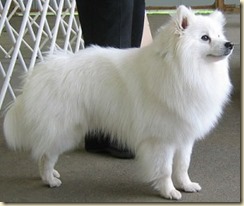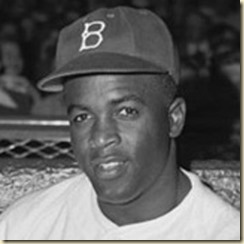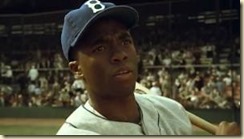Okay, You Who Are In Charge of Things, what’s up with the piling on? It isn’t enough that at the ripe old age of 68 I get a diagnosis that requires a daily injection – self-inflicted! – that hurts like a five pound bee stuck his blankety-blank stinger in my flesh and stayed there for 15 minutes?
It isn’t enough that I am suddenly fearful of walking down the street because I sometimes feel like a toddler in her first pair of hard-soled shoes, wobbling and dubiously balanced?
And it wasn’t bad enough that you decided to send a 9-hours-straight gulley washing rain to spoil our neighborhood’s annual street festival?
My intrepid neighbors and I weren’t going to let no stinkin’ rain dampen our fun. Everything went on as scheduled, including my friends’ Sunday brunch at their house across the street.
These two guys own the most beautiful pair of American Eskimo dogs you’ll ever see. Both are rescue dogs. The second one rescued has a temperament on him that has always given me pause. His owners’ protests to the contrary, I thought this dog was probably possessed by some canine devil. If snarling and lunging at anything that moves is this dog’s idea of “wanting to play,” both the dog and his owner are bonkers.
So yesterday I took my umbrella and walked across the street for the brunch. I always go to the back door – it’s just easier than climbing the front steps and ringing the bell, especially when I know for certain everybody would be in the keeping room area near the kitchen. As usual, Monty and Rupert sensed my presence even before I had a chance to knock. They both charged the door in that “playful” way of theirs and barked their fool heads off.
I stood there without touching the door handle, waiting for one of the guys to get them under control so I could enter.
My host grabbed the unruliest of the two mutts and opened the door for me to enter. Diablo II wasn’t having it. In that slow motion moment that always happens when something horrible is about to befall you, I saw nothing but teeth headed for my forearm.
The pain was excruciating enough for me to scream like a little girl, at the top of my lungs. There were people inside looking on in horror, some scooping up their small children protectively. Although I wore a beefy denim jacket, that dog’s teeth reached bare skin and chomped with all the power his jaw provided.
I was flooded with adrenaline and there was no deliberating between fight or flight. I took my wounded self directly back home to assess the damage and calm my frayed nerves. How the hell have I lived all these years loving dogs and having a reputation for being good with them without every being bitten?
In the time it took to get back to my safe haven – no more than 90 seconds – a goose egg had risen on my arm, abrasions were hurting and stinging and I was shaking. All I could think about was how many times that dog had shown aggression towards me and his owners had shrugged it off. I was both frightened and furious.
Of course my friends were beside themselves with worry. They had a houseful of guests, so they couldn’t just leave and tend to me. I took a picture of the wounds and texted it to them, just in case they had minimized the damage in order to assuage their guilty consciences.
When one of the owners finally had the chance he was at my door with food and apologies. But here’s the thing: what he said went something like this:
I don’t understand what is going on between you and Rupert. He has never done that with anyone else. We had small children in the house and he didn’t do anything.
This man is my friend, so I know he wasn’t trying to blame me for the incident, but it sure felt like it. It felt like he was saying there is something about me that causes the dog to lose its mind. Obviously, that’s true, but how can he keep convincing himself that I am the ONLY one he will behave that way around?
Anyway, I went to a doc-in-a-box this morning for an evaluation and a tetanus shot (another place that refused to accept Medicare, by the way.) The doctor said it could have been so much worse if I hadn’t had that jacket on. The bruising is severe and will run through its rainbow of colorations before disappearing, but I will probably not have to take the antibiotic she prescribed, just in case.
Are you kidding? OF COURSE they are paying for it! These are responsible people who treat their pets like members of the family. They treat me like a member of their family, too. It just goes to show you that no matter how much we love and pamper them, dogs are animals, not people, and they are not as predictable as we like to think.
So how was YOUR weekend?


